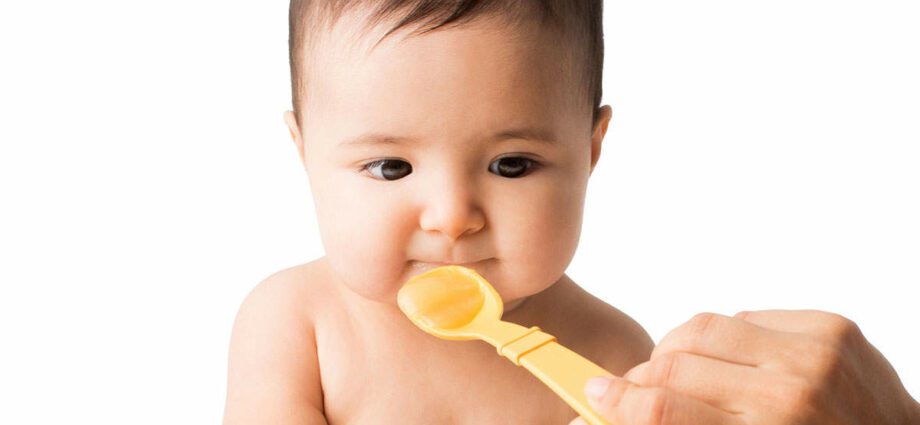Contents
Baby honey: can this food be given to an infant?
Honey is a food that should not be given to children under one year old because it can be dangerous for their health. Explanations.
Is it advisable to give honey to a baby?
It is not recommended to give honey to a baby under one year old because it puts him at risk of infant botulism, a disease that can be serious in toddlers.
What is childhood botulism?
Infant botulism is a rare disease that affects children under the age of one. It is caused by the spores of a bacterium (Clostridium botulinum) found in dust, in certain soils but also in honey, “the only identified source of dietary exposure to this bacterium”, reports the National Agency. food, environmental and occupational health safety (ANSES). This is because spores (resistant forms of the bacteria) can be carried by bees and then end up in honey.
What are the risks for the child?
Infant botulism is a rare but potentially serious disease in toddlers because it affects the nervous system. The most common and earliest symptom of infant botulism is constipation. But other symptoms can arise such as:
- a weak sucking reflex;
- irritability;
- lack of facial expression;
- loss of control over head movements;
- paralysis of the diaphragm which can cause difficulty in breathing (a medical emergency).
“Most cases of infant botulism require a very long hospital stay with respiratory assistance. However, in Western countries, fatal cases are extremely rare ”, specifies ANSES on its site. Faced with the increase in the number of cases of infant botulism since 2004, the Agency published a press release in September 2019 recalling that it is strongly advised not to give honey, whatever its origin, to infants under one. year.
Why is the toddler susceptible to this infection?
Before one year of age, a child’s immune defenses are not effective enough to eliminate the spores of the bacteria responsible for infant botulism. If he ingests contaminated honey, his immune system will not be able to defend itself against the bacteria and the bacteria may proliferate in his intestine and produce a toxin responsible for the disease there.
From what age can we give honey to a child?
The World Health Organization (WHO) recommends not giving honey to a child before the age of one year. This means that you can give it to your child from the age of 12 months (i.e. from the beginning of the 13th month). At this age, his immune system is mature enough to eliminate the toxin responsible for the disease if the honey ingested is contaminated by the bacteria. Clostridium botulinum.
Honey contains interesting nutrients such as vitamins and minerals, but it is also very high in sugar. It should therefore be given sparingly to children before the age of three. Pediatricians recommend not to give it every day and only a teaspoon per day. Parents can use honey to flavor certain cereals for babies, for example, but it is better to avoid putting it systematically on the pacifier to calm the baby because he could get used to it and not calm down without his “dose” of honey. But above all, like any sweet product consumed too often outside of meals, it increases the risk of early dental caries and overweight.
Honey and its therapeutic virtues
In addition to its nutritional benefits, honey is known for its therapeutic benefits. A study published in 2012 by the American Academy of Pediatrics showed that honey had a beneficial effect on nighttime coughs and the quality of sleep in children aged 1 to 5 years.
Be careful, if you give your child honey at night to calm their cough or help them sleep, make sure they brush their teeth before going to bed.
For parents distraught with a cough in their child under one year old, there is an alternative to honey. Sugar water or agave nectar would be effective against non-specific coughs, according to an American study published in the journal JAMA Pediatrics.
These natural cough solutions are not a substitute for drug treatment that is sometimes necessary if the cough is a symptom of an infection. If in doubt, ask your doctor for advice.










